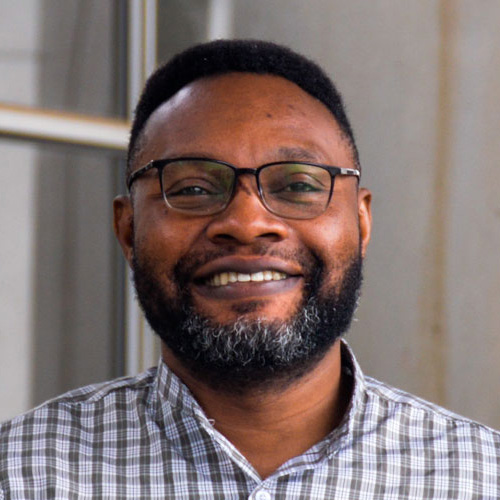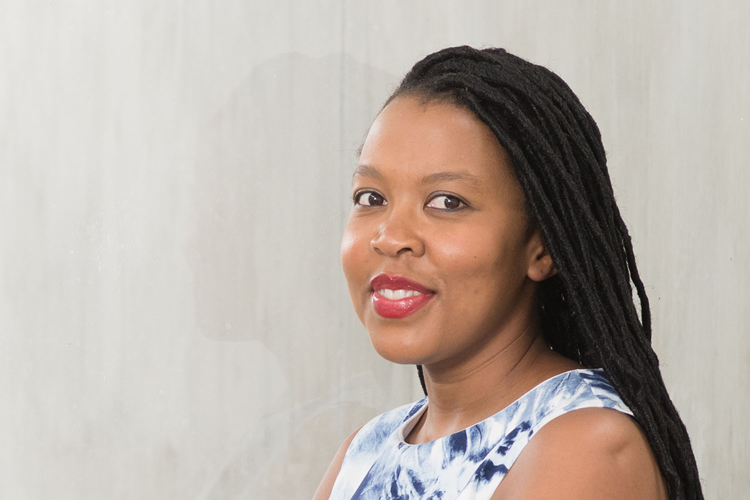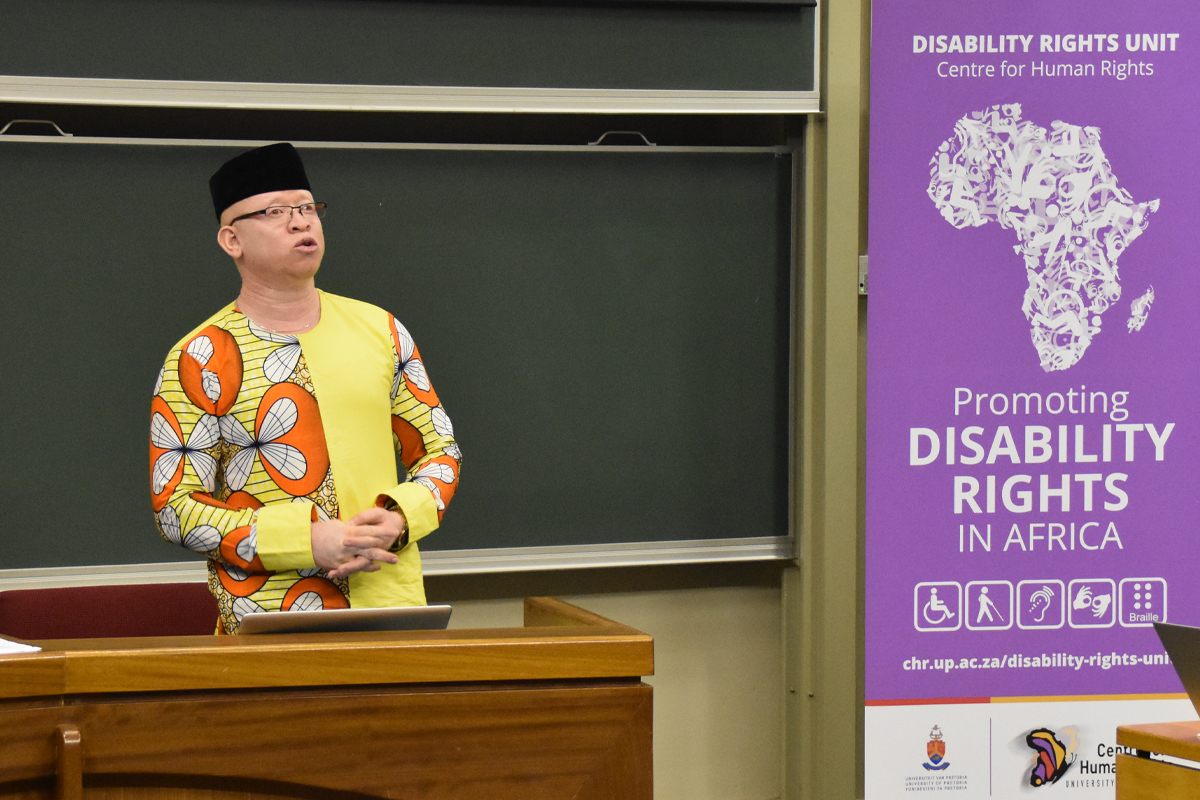The Advanced Human Rights Courses (AHRC), in collaboration with the Disability Rights Unit of the Centre for Human Rights, University of Pretoria (UP), recently hosted the annual short course on Disability Rights in an African Context, from 9 to 13 March 2020.
The short course brought together professionals working on disability rights in different capacities including as academics, legal practitioners, disability rights advocates and personnel from government departments. The aim of the short course was to provide participants with an introduction to and overview of the contemporary issues in disability rights discourse in Africa.
On the first day, participants were introduced to the global and regional legal frameworks on the rights of persons with disabilities, namely, the Convention on the Rights of Persons with Disabilities (CRPD) and the recently adopted Protocol to the African Charter on Human and People’s Rights on the Rights of Persons with Disabilities in Africa (African Disability Protocol). The highlight of the day was the panel discussion on possible strategies to get African states to ratify the African Disability Protocol, which has not received any ratifications since its adoption by the African Union on 28 January 2018. One of the strategies highlighted by the panellists was conducting training and awareness raising on the African Disability Protocol in order to increase its visibility.
The second day was dedicated to a number of specific rights, namely, access to justice, the right to inclusive education and the right to legal capacity and supported decision-making. The day’s sessions explored these rights in detail with a particular focus on implementation strategies and challenges. On day three the focus of the course shifted to the rights of specific groups namely, persons with albinism, children with disabilities and women with disabilities. Senator Isaac Mwaura, a member of Parliament from Kenya, who is himself a person with albinism, highlighted that progress is being made with regards to combatting the killings and mutilations of persons with albinism. He pointed specifically to the Regional Action Plan on persons with albinism that highlights steps that governments must take in order to reduce and ultimately eliminate the mutilations and killings of persons with albinism for ritual purposes. Participants also heard from Ms Sheri Brynard, a self-advocate with Down syndrome, who has overcome many obstacles to become a renowned speaker and author. On day four, a number of workshops were held with the aim of equipping participants with knowledge on how to go about enforcing the rights of persons with disabilities. Three workshops were conducted: a workshop on advocacy strategies, a workshop on strategic litigation and a workshop on the use of information technology to enforce the rights of persons with disabilities. On the fifth and final day of the course, participants were afforded an opportunity to put into practice what they had learnt during the course of the week by participating in a moot court competition. One of the participants on the course described the moot court competition as ‘excellent and stimulating’ because it gave her an opportunity to see how to effectively argue for the protection of the rights of persons with disabilities. Overall, the course was very well received with one participant stating that ‘the course was very robust as it touched on a lot of aspects that intersects with disability in Africa.’ The next annual short course on disability rights will be held in March 2021 while the next short course by AHRC will be presented from 23 to 27 March 2020 and will be on Women’s Rights in Africa.
For more information, please contact:

Tel: +27 (0) 12 420 4197
Fax: +27 (0) 86 580 5743
dennis.antwi@up.ac.za

Tel: +27 (0) 12 420 6398
Fax: +27 (0) 86 580 5743
innocentia.mgijima@up.ac.za
